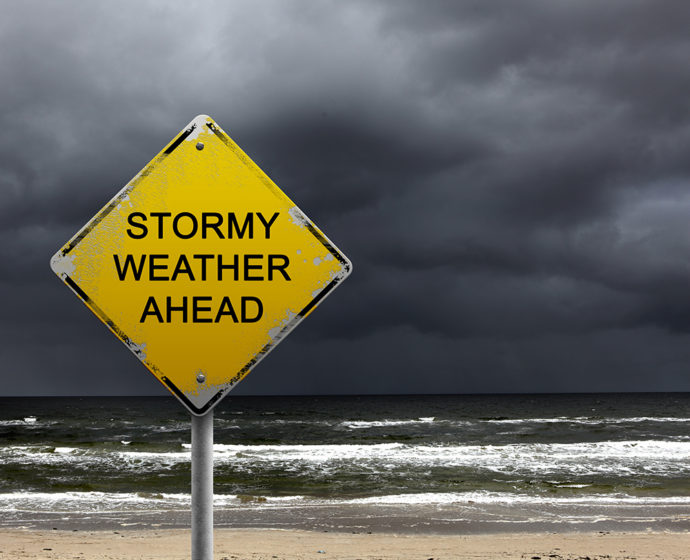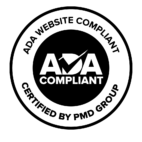
Hurricane season is practically here. With the major flooding all throughout Texas recently, it might be time to buckle down and start to think about how you can better prepare for hurricane season with an emergency plan. Planning ahead of time and a well thought out emergency plan can help protect you and your loved ones against a potential storm.
Before a storm even hits, it’s important do know your risk during storm seasons. You can look up your flood risk for your community beforehand and that can help you determine the type of flood insurance coverage you need since standard homeowners insurance won’t cover flooding. Another great thing to do prior to a storm is to take a home inventory. Take written and photographic record of your valuables, this will help assist your insurance adjuster with processing your claims quickly and correctly. Anything extra you can include like model numbers, purchase price, or more is also helpful. Once you’ve done that, if you know you’re in a flood zone, purchase materials that can help protect your home in advance to storm season. Having them on hand when you need them is easier than having to scramble last minute.
Assemble an emergency kit and develop a communication plan! In your emergency kit, you should include a first aid kit, flashlight, extra batteries, a few days of non-perishable foods and water, towels, and a supply of whatever necessary medications you might need. Stay up to date on the storm’s path and progress by monitoring emergency alerts. Know how you will contact loved ones, what to do if you get separated, and a plan of attack in different situations. This will help eliminate stress and confusion when it happens.
Another general rule to follow for hurricane season is to protect financial documents. In the event of a disaster, you will need identification and financial documents to begin the recovery process. Safeguard important documents in a bank safety deposit box, computer storage devices (USB drive, CD/DVD), and/or waterproof storage containers, including:
-
- Personal identification (driver’s licenses, birth certificates, military IDs, passports, etc.)
- Financial account information (checking, savings, retirement and investment accounts, credit/debit cards).
- Insurance policies on all personal property, including appraisals and lists and photos of valuable items.
- Ownership or leasing documentation for homes and vehicles (deeds, titles, registrations, rental agreements, etc.)
- All health and medical insurance documentation.
If something unfortunate should happen, Eastex Credit Union is here to help you through. We have personal loans that can help provide you with the money you need in the event of a disaster without adding extra financial burden to your situation.



